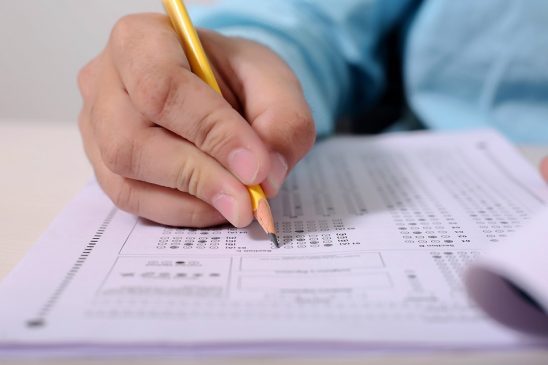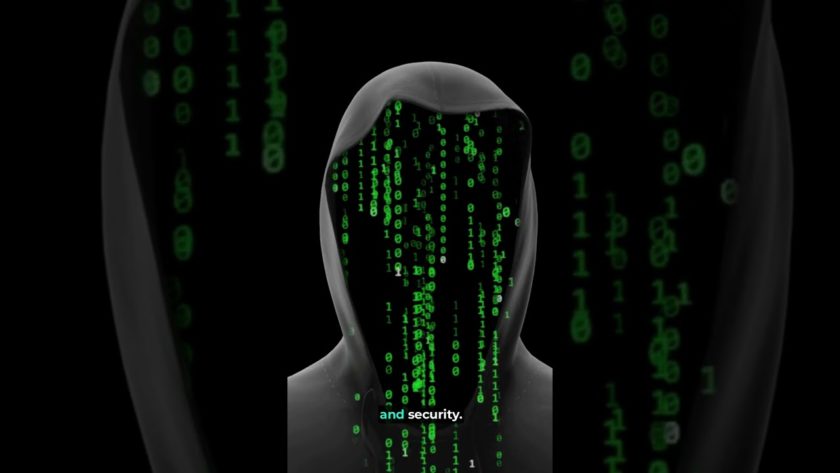Russia Considers Blockchain Education Solution for Grad Exams
November 23, 2018 by Vladimir Litvinov
Russia is considering a blockchain education solution as a replacement for the nation’s controversial system of secondary school graduation exams. If actualized, the use case would be a novel one.
Also read: RACB Will Offer Insurance Services For Russian Blockchain Companies
Subscribe to the Bitsonline YouTube channel for great videos featuring industry insiders & experts
Open Data for Later Analysis
The idea comes from Boris Chernyshov, deputy head of the education and science committee at the State Duma, the lower chamber of Russian Parliament.
Chernyshov proposed a system for early assessment of talents in children based on blockchain technology in a letter addressed to education minister Olga Vasilyeva, state-run news agency RIA Novosti reported.
“People often complain that [the existing system] is focused more on theory than practice and therefore fails to help determine a student’s actual capabilities,” reads the letter.
“So, we are suggesting a new system for evaluating students’ knowledge and capabilities, which would replace the existing one.”

In accordance with the letter, the replacement solution would be focused on entering performance indicators for every student on a blockchain from their early years and later analyzing the data.
The initiative comes against the backdrop of Russian officials’ and legislators’ growing interest in possible applications of blockchain technology.
A New Way?
So far, there have been no government-sponsored projects in the field of education, but the graduation exam system, known locally as the Unified State Examination (USE), seems to be a natural target.
Since the nationwide introduction of the USE system back in 2008, it has been criticized on the one hand for failing to show students’ actual capabilities and knowledge, while on the other hand numerous instances of rigging the exams’ results have been reported.
In this situation, the introduction of just about any kind of a blockchain solution as a replacement for the existing system could substantially increase the transparency, efficiency, and reliability of the graduation exam process.
The education ministry is yet to respond to the initiative, but the current overall mood among state agencies is rather in favor of going ahead with blockchain solutions.
Although Russia’s blockchain legislation is yet to be adopted, in several areas of the country’s government and public sector blockchain solutions have been recently discussed or explored.
In Novgorod region, a pilot project features blockchain to track the supply chain for select medicines, while in Chechnya, a distributed ledger is being used for municipal service payments, ensuring transparency of all utility charges, and settled bills.
What’s your take? Is this use case a viable one? Let us know in the comments section below.
Images via Pixabay




